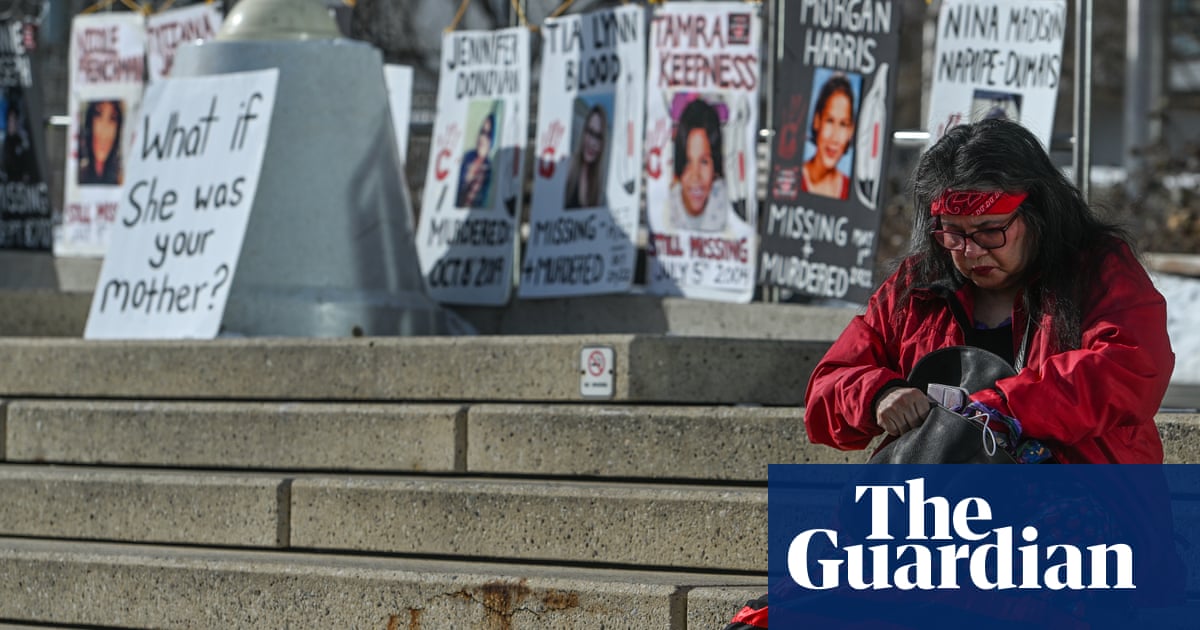
The Canadian government has committed to providing millions of dollars for the purpose of searching a landfill for the bodies of two Indigenous women who may have been killed by a suspected serial killer. However, both experts and community organizations have cautioned that this amount of funding may still not be sufficient to carry out a thorough search.
Both the federal and Manitoba governments have agreed to provide C$20m ($14.7m) each for the investigation of the Prairie Green landfill in Winnipeg. This landfill is believed to be where Jeremy Skibicki, the alleged murderer, disposed of at least two of his victims.
Skibicki, whose trial begins in April, is charged with first-degree murder deaths of Rebecca Contois, Morgan Harris, Marcedes Myran and an unidentified victim known as Buffalo Woman (Mashkode Bizhiki’ikwe). The remains of both Harris and Myran are believed to have been buried in the privately owned Prairie Green landfill.
Initially, the police claimed that they were unable to search the trash at the Prairie Green facility due to limited resources. This facility has a large amount of waste buried under layers of clay. The former conservative government of the province caused anger and frustration when they refused to provide funding for the search, even bragging about the decision during their unsuccessful re-election campaign.
“We have continuously pursued our promise to search through the landfill,” stated Wab Kinew, Manitoba’s premier, on Friday. This fulfills a commitment that he made before his election in October. He further added, “We are pleased to announce that we now have the necessary resources to thoroughly search every cubic metre of the designated area. Although we cannot guarantee success, we feel compelled to at least make the effort. This is our dedication to the families involved.”
Morgan’s daughter, Cambria Harris, has strongly advocated for her mother and emphasized the importance of conducting a search.
“It’s about showing that our Indigenous women, our Indigenous people that we’re worth it, we’re valued, we’re loved and we are more than worth searching for,” Harris told reporters following a meeting with Kinew.
According to Cathy Merrick, leader of the Assembly of Manitoba Chiefs, a definite timeline for the search is not yet in place. However, she has hope that once the search commences, it will be completed in a timely manner. At a press conference with Harris, she expressed mixed emotions about the situation, feeling both relieved and aware that there is still much to be accomplished.
Police in Winnipeg have previously stated that they lacked the necessary resources to conduct a search of a landfill in order to retrieve the remains of the victims.
A new analysis conducted by the Assembly of Manitoba Chiefs and ISN Maskwa, a company specializing in emergency response training and services, emphasizes the difficult and hazardous aspects of the search.
The document, which is 153 pages long, proposes that a comprehensive search could potentially require C$90 million, which is more than twice the amount proposed by the governments. This search would also pose a significant danger to the search teams as there is a high likelihood of exposure to asbestos.
Earlier analyses indicated that a search may require a time frame of up to three years and incur expenses ranging from C$84m to C$184m.
One of the difficulties in searching is the process for handling asbestos at Prairie Green Landfill. Typically, this hazardous material is contained in sturdy bags and buried in specific areas of the landfill. However, a recent report from the Canadian Press revealed that between April 11th and June 20th of 2022, 712 tonnes of asbestos were found in sections of the landfill that are thought to hold the remains of women. This report has not yet been released to the public.
On May 16, 2022, approximately 12 metric tons were deposited into the landfill, likely containing the remains of the two women.
Merrick remarked that the C$40 million from both governments was a good beginning. He emphasized the significance of initiating this process and ensuring its ongoing progress.
In the past few decades, a minimum of 4,000 Indigenous females have been killed or gone missing, a situation characterized in a significant 2019 study as a “genocide”. Despite widespread inequality and unfair treatment, indigenous women who are vulnerable are still neglected by government policies and lack of concern.
Native communities in Winnipeg have been organizing protests and barricades for several months in order to push officials to authorize a search.
Merrick stated that the completion of this task is important. They are determined to locate the missing individuals and, with hope and divine intervention, successfully bring them back home.
Source: theguardian.com


















